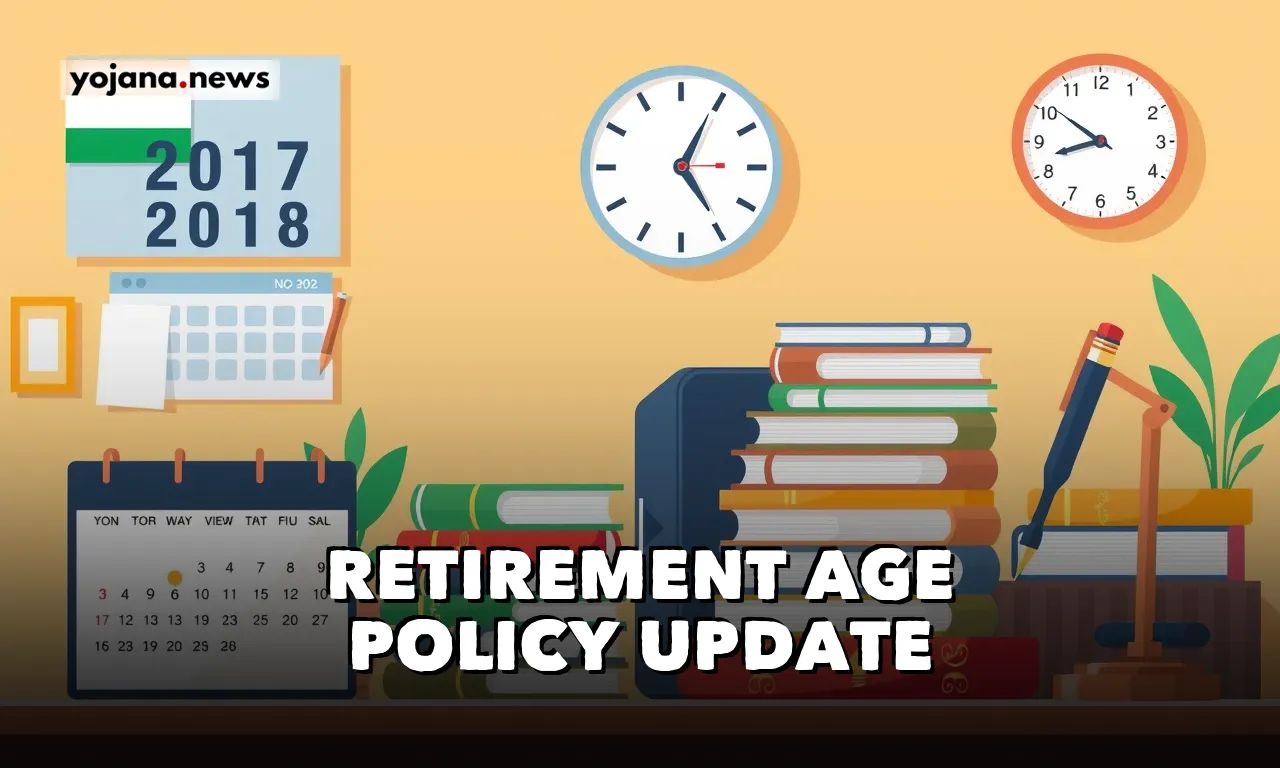- Central Government clarifies no immediate change in retirement age for central employees.
- Some states like Uttarakhand, Madhya Pradesh, and Himachal Pradesh have increased retirement age for medical specialists to 65 years.
- Government employees demanding extension of retirement age from 60 to 65 are awaiting future policy considerations.
Retirement Age Hike for central government employees remains a major topic among staff planning their career and post-retirement benefits. Retirement age affects salary benefits and pension entitlements, influencing long-term financial security.
Government departments fix retirement age based on position and roles. Recently, there has been significant discussion about raising the retirement age for central government employees. The central government has clarified its stance on this matter.
Current Retirement Age Policy and Government Response
Questions raised in Parliament by BJP MP Tejveer Singh regarding early retirement options and policies for employees wishing to retire later prompted an official reply. Minister of State for Personnel, Dr. Jitendra Singh, stated clearly that no changes in retirement age are currently planned for central employees.
The government confirmed that there is no policy to allow early or delayed retirement at present. The existing retirement age of 60 years for most central employees remains unchanged. Despite employee requests to increase the retirement age due to better health and productivity beyond 60 years, the government is holding its stance until further review.
State-specific Retirement Age Updates
Though the central government maintains the retirement age at 60 years, some states have implemented changes affecting specific categories:
- Uttarakhand: Retirement age for expert medical professionals increased from 60 to 65 years.
- Madhya Pradesh: Specialist doctors’ retirement age elevated to 65 years.
- Himachal Pradesh: Assistant Professors in the medical field now retire at 65 years.
These changes highlight sectoral demands and precedents for possibly extending retirement age in central services as well.
Eligibility and Benefits of Retirement Age Extension
If considered in the future, extending retirement age benefits employees by:
- Allowing longer service duration and experience utilization in government services.
- Increasing pension accumulation and financial security post-retirement.
- Addressing workforce shortages in specialized roles by retaining skilled personnel longer.
How to Stay Updated on Retirement Age Changes
Employees interested in updates about retirement age policies should regularly visit official portals of the Department of Personnel & Training (DoPT) at https://dopt.gov.in. Notifications regarding amendments in service rules and retirement age are published there.
Additionally, following announcements in Parliament and official press releases by the Ministry of Personnel will provide reliable information.
Summary Table of Retirement Age Status
| Category | Current Retirement Age | Changes Implemented |
|---|---|---|
| Central Government Employees | 60 years | No change yet |
| Specialist Doctors in Uttarakhand | 60 years | Raised to 65 years |
| Specialist Doctors in Madhya Pradesh | 60 years | Raised to 65 years |
| Medical Assistant Professors in Himachal Pradesh | 60 years | Raised to 65 years |
In conclusion, while the central government’s current policy holds retirement at 60 years, state-level changes and employee demands keep the discussion ongoing. Future modifications may bring uniform age extensions across government services based on health, productivity, and workforce needs.

